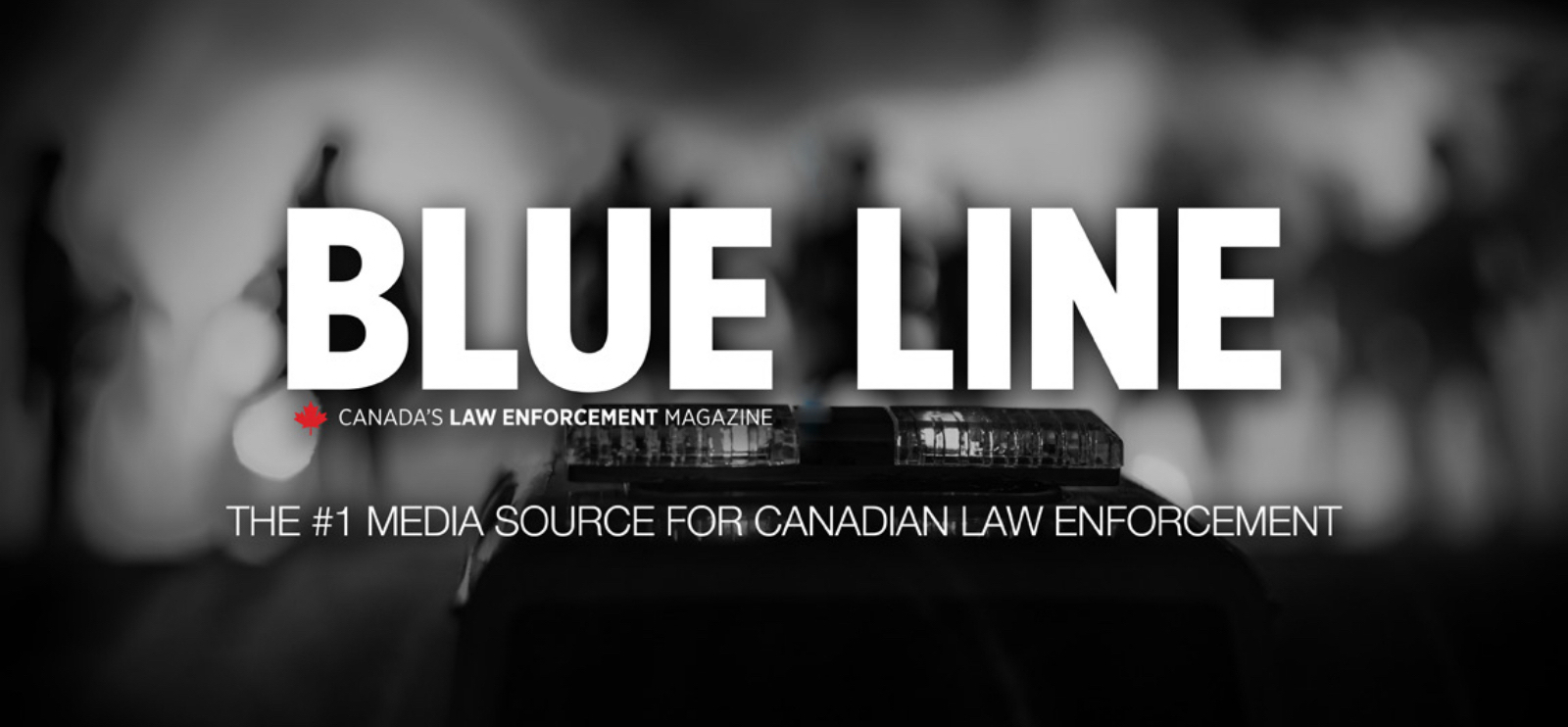
Features
Case Law
Arrestee must invoke right to counsel before implementational duty is triggered
April 20, 2023 By Mike Novakowski

In two recent drug cases, appeal courts in Ontario and Nova Scotia were tasked with deciding whether a trial judge erred in finding an arrestee’s response to a s. 10(b) Charter advisement did not require the police to facilitate contact with a lawyer.
In R. v. Simpson, 2023 ONCA 23, the accused – who was under surveillance for a drug investigation – was detained by police after they saw him exit a store. An officer advised Simpson of his right to counsel from memory. Simpson was told he had the right to retain and instruct counsel without delay, phone any lawyer he wanted, and contact a Legal Aid lawyer. When asked if he understood, Simpson replied, “Yes”. When asked if he wanted to speak to a lawyer at that time, he replied, “I will at some point”.
Simpson was then cautioned about providing a statement and, when asked if he understood, replied “Yes”. He was subsequently questioned by police and he admitted that there were drugs in his car and home. The police conducted searches and found drugs leading to charges against him.
A judge of the Ontario Superior Court of Justice found Simpson’s s. 10(b) Charter right had been respected. In the judge’s view, Simpson’s reply in response to the officer’s question about speaking to a lawyer – “I will at some point” – did not amount to Simpson expressing a desire to contact counsel. He was convicted on two counts of possessing cocaine for the purpose of trafficking, possessing MDMA, and possessing proceeds of crime.
Simpson appealed his convictions to the Ontario Court of Appeal claiming the police breached his s. 10(b) right to counsel because they did not facilitate contact with a lawyer. He wanted all of the evidence excluded under s. 24(2) and acquittals on all charges to follow.
In a short judgement, a three-judge panel of Ontario’s top court upheld the trial judge’s ruling. The officer had immediately provided a proper s. 10(b) advisement when Simpson was detained, and he gave an unequivocal answer that he understood what he had just heard. Then, in response to the question about whether he wanted to speak to a lawyer he said, “I will at some point”. The duty on police to implement contact between a detainee and a lawyer arises only if the detainee expresses a desire to contact counsel. The trial judge did not err in concluding that Simpson’s response did not qualify as an invocation of the right to counsel, and his appeal was dismissed.
In R. v. Lambert & Bailey, 2023 NSCA 8, the accused, Lambert, was arrested for conspiracy to import and possessing cocaine for the purpose of trafficking. He was advised of his right to counsel and cautioned, and was asked if he wished to speak to a lawyer. Lambert indicated he understood his rights and said, “No man, we don’t have any cocaine”. The police later found 157 kilograms of cocaine stowed in the hull a commercial cargo vessel which led to charges against Lambert and others.
A Nova Scotia Provincial Court judge concluded the police complied with their informational obligation under s. 10(b) by advising Lambert of his right to contact counsel. But, because he did not make a request for access to a lawyer, the implementational duty to provide a reasonable opportunity to contact counsel imposed under s. 10(b) did not arise. When Lambert said “No man, we don’t have any cocaine”, he was not making a request to contact a lawyer. Lambert was convicted of conspiracy to import cocaine, conspiracy to traffic cocaine, attempting to traffic cocaine, and attempting to possess cocaine for the purpose of trafficking.
The duty on police to implement contact between a detainee and a lawyer arises only if the detainee expresses a desire to contact counsel.
Lambert appealed his convictions to the Nova Scotia Court of Appeal submitting, among other things, that the trial judge erred in finding no s. 10(b) Charter breach. He suggested that the “No” in his reply, “No man, we don’t have any cocaine”, was made in response to the s. 10(a) reasons for arrest right and not the inquiry about whether he wanted to contact a lawyer.
The Appeal Court rejected this argument, finding the trial judge was entitled to conclude that Lambert understood why he was being arrested, that he had the right to speak to counsel, and that he was being asked if he wanted to do so. His reply was a direct response to the question about whether he wanted to contact counsel and was not related to the police officers advising him that the arrest was for offences involving cocaine. Lambert was informed of his right to speak to a lawyer but chose not to exercise it.
“An explicit, firm refusal is not required before police are relieved of their implementational obligation,” said the Court of Appeal. “Unless a person who has been detained or arrested invokes their right to consult with a lawyer, no duty lies on the police to implement contact.” This ground of appeal was dismissed and Lambert’s convictions were upheld.
Mike Novakowski is Blue Line’s case law columnist.
Print this page